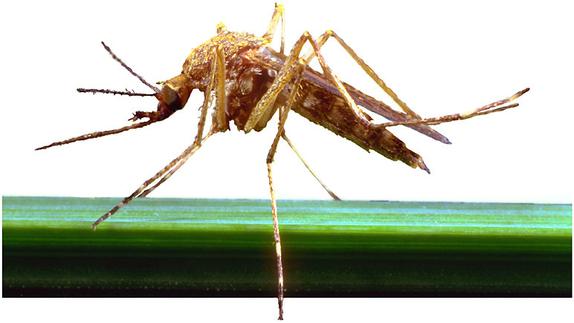WEST NILE VIRUS
WEST NILE VIRUS INFORMATION
West Nile virus (WNV) is a potentially serious illness. Experts believe WNV is established as a seasonal epidemic in North America that flares up in the summer and continues into the fall.
This fact sheet contains important information that can help you recognize and prevent West Nile virus.
When dealing with West Nile virus, prevention is your best bet. Fighting mosquito bites reduces your risk of getting this disease, along with others that mosquitoes can carry.
Take the 3 commonsense steps below to reduce your risk
:
1. Avoid bites and illness
When possible, wear long-sleeves, long pants and socks when outdoors. Mosquitoes may bite through thin clothing, so spraying clothes with repellent containing permethrin or DEET will give extra protection. Don't apply repellents containing permethrin directly to skin. Do not spray repellent containing DEET on the skin under your clothing.
The hours from dusk to dawn are peak mosquito biting times for many species of mosquitoes. Take extra care to use repellent and protective clothing during evening and early morning -- or consider avoiding outdoor activities during these times.
2. Clean out the mosquitoes from the places where you work and play
Mosquitoes lay their eggs in standing water. Limit the number of places around your home for mosquitoes to breed by getting rid of items that hold water.
Some mosquitoes like to come indoors. Keep them outside by having well-fitting screens on both windows and doors. Offer to help neighbors whose screens might be in bad shape.
3. Help your community control the disease
Dead birds may be a sign that West Nile virus is circulating between birds and the mosquitoes in an area. Over 130 species of birds are known to have been infected with West Nile virus, though not all infected birds will die. It's important to remember that birds die from many other causes besides West Nile virus.
Check with local health authorities to see if there is an organized mosquito control program in your area. If no program exists, work with your local government officials to establish a program. The American Mosquito Control Association can provide advice, and their book Organization for Mosquito Control is a useful reference
More questions about mosquito control? A source for information about pesticides and repellents is the National Pesticide Information Center, which also operates a toll-free information line: 1-800-858-7378 (check their Web site for hours).
Mosquito breeding sites can be anywhere. Neighborhood clean up days can be organized by civic or youth organizations to pick up containers from vacant lots and parks, and to encourage people to keep their yards free of standing water. Mosquitoes don't care about fences, so it's important to control breeding sites throughout the neighborhood.
Something to remember
The chance that any one person is going to become ill from a single mosquito bite remains low. The risk of severe illness and death is highest for people over 50 years old, although people of all ages can become ill
Excerpt from the department of Health and Human Services. Centers for Disease Control and Prevention. For more information visit http://www.cdc.gov/ncidod/dvbid/westnile/index.htm. .





